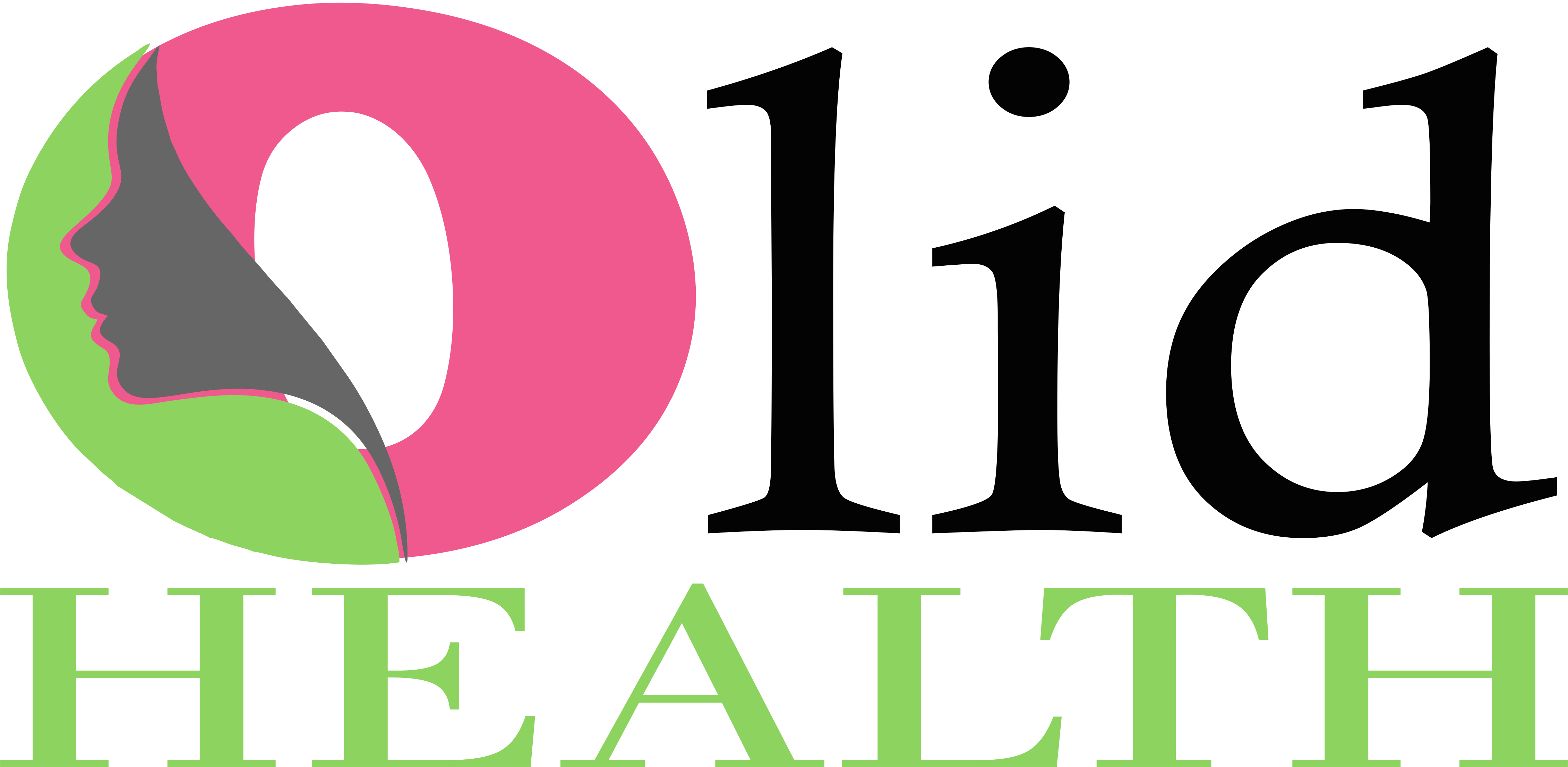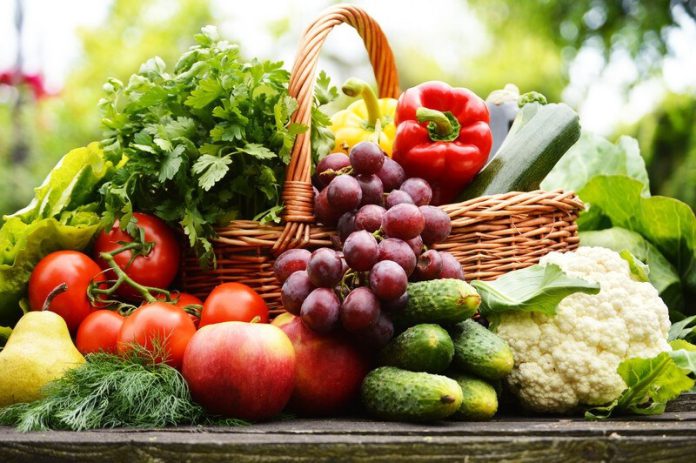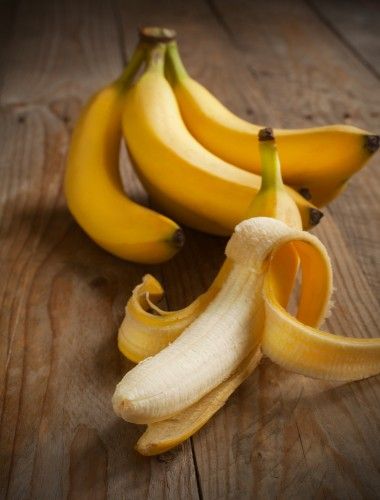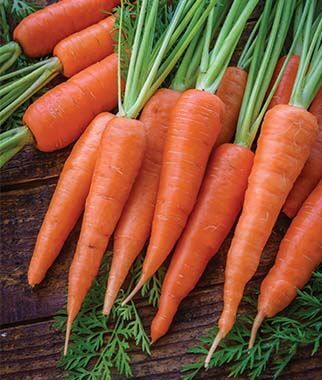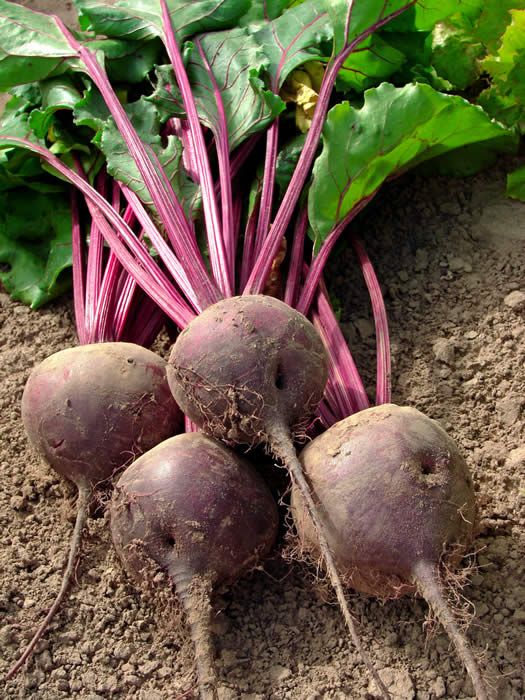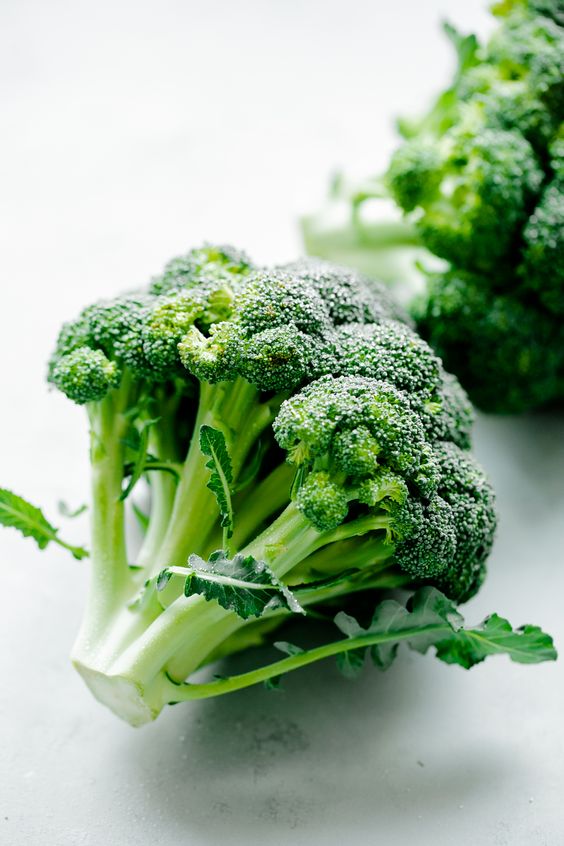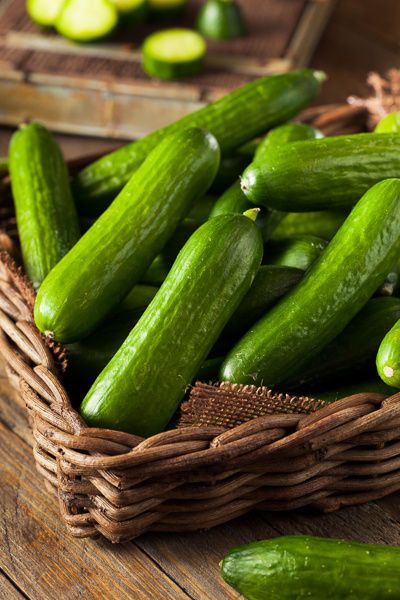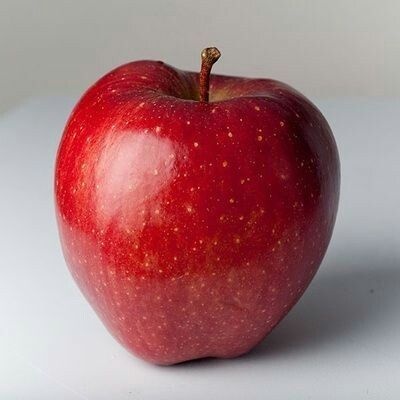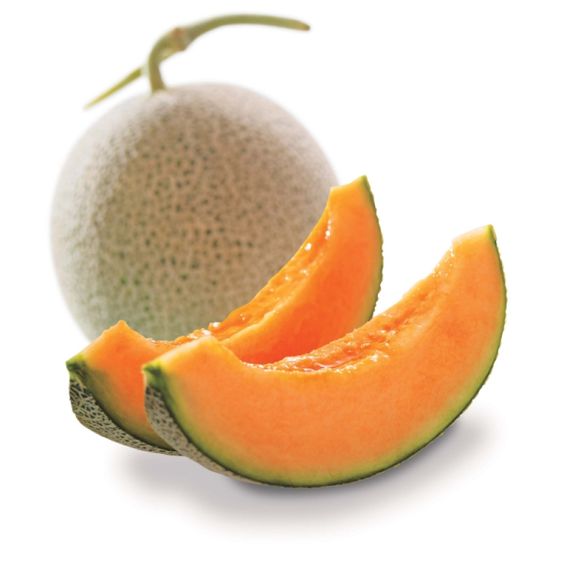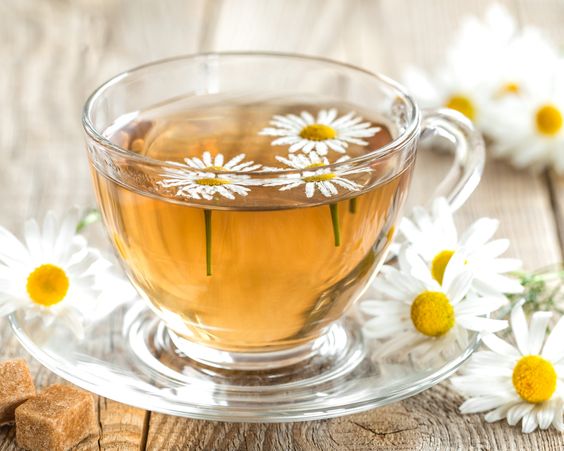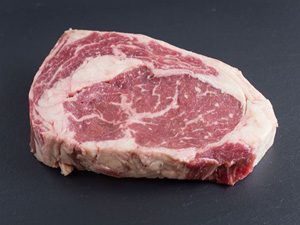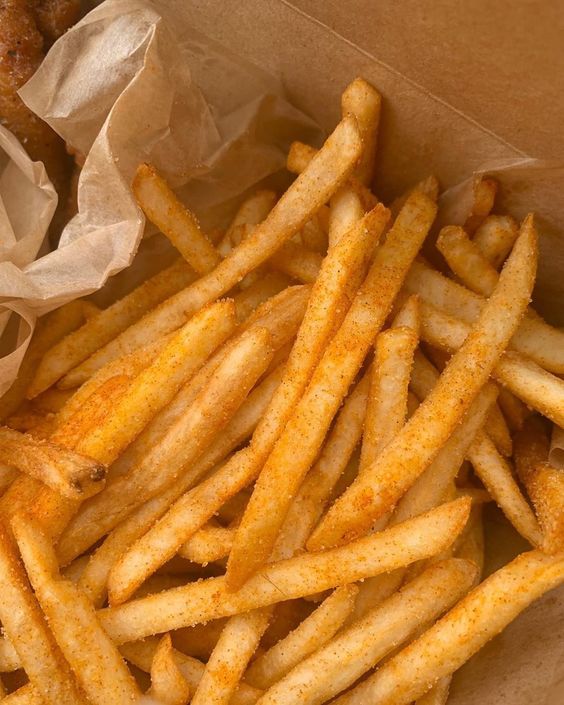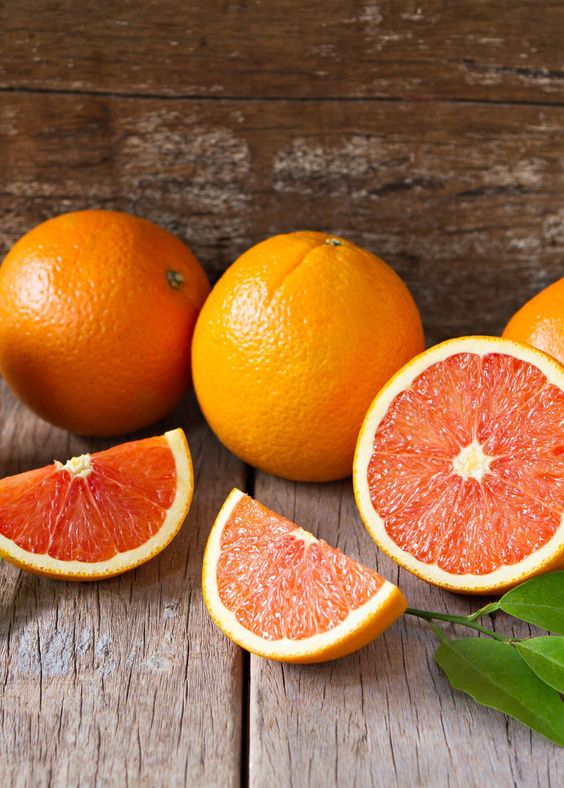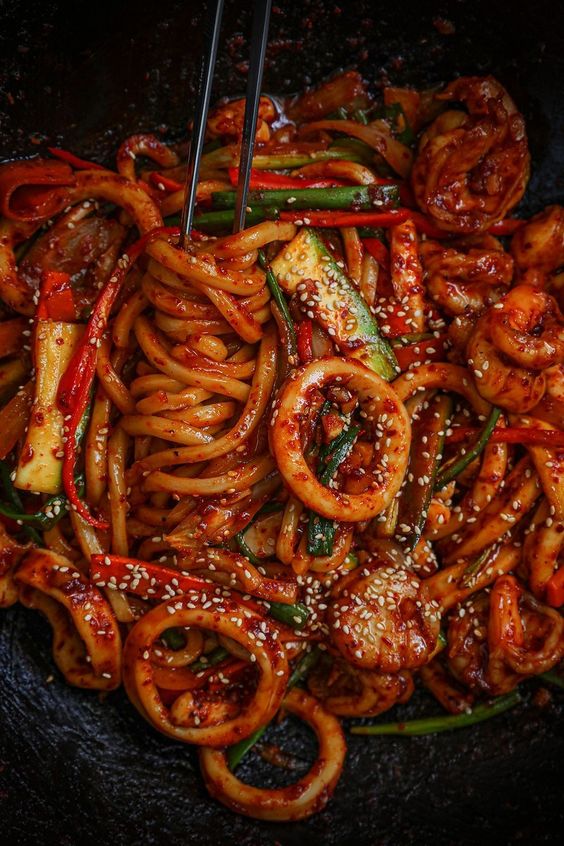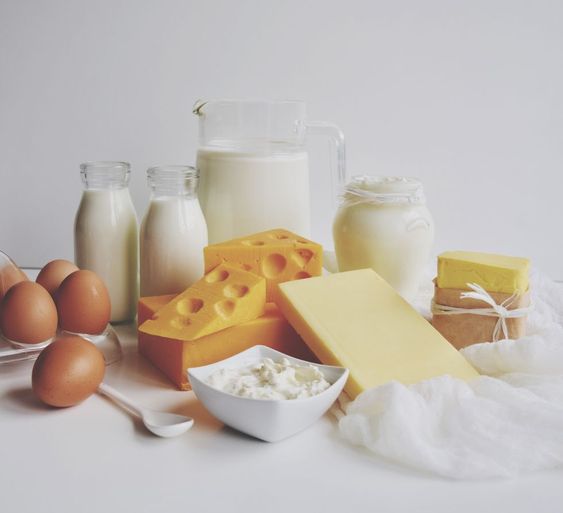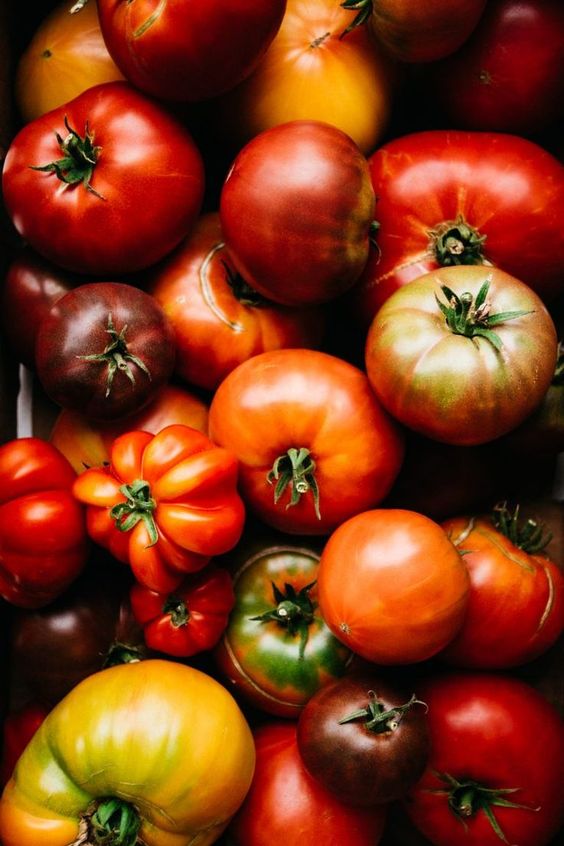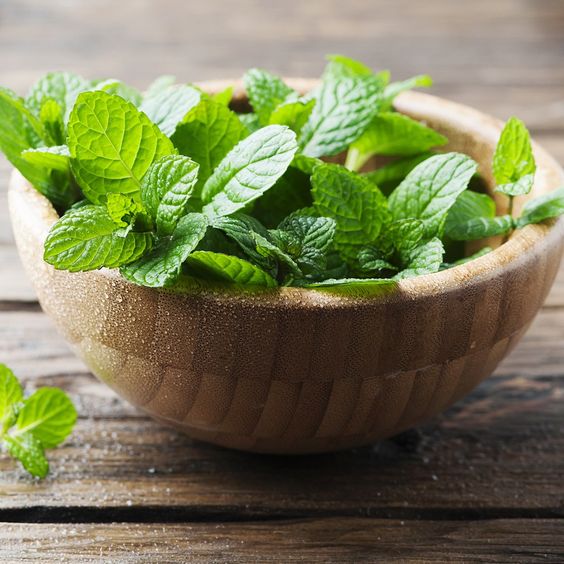Olidhealth.com – There are numerous types of food on this planet that you desire to feast. However, what you eat today will affect what you gain at a later time, especially if you have a health condition like GERD. Gastric acid that frequently rises up into your esophagus can make you feel nauseous and irritated around the throat. Therefore, healthy foods might be able to relieve your GERD condition.
Before that, we should know about GERD first before deciding the best and worst foods for our stomach.
GERD in General
Stomach acid occasionally flows up into the digestive tract and it likely occurs for everyone. This circumstance is known as Gastroesophageal reflux (GER). Another name of this condition is acid reflux or acid regurgitation. Infants, young people, and adults can experience this occurrence. However, as lifestyle changes, the condition would be getting worse for some people and form to develop other complications.
Gastroesophageal reflux disease or GERD is a health condition in which stomach acid in the stomach often flows back into the food pipe (esophagus). The lining in the esophageal may be eroded which leads to irritation or inflamed. It occurs because of decreased function from the lower esophageal sphincter (stomach valve between stomach and esophagus) to block gastric acid [1].
The muscular tissue in the sphincter may be affected due to various reasons like an unhealthy lifestyle. The following may cause develop of GERD conditions such as:
- Consume food that may increase the risk of acid regurgitation such as high saturated fat food or acidic food.
- Having obesity or being overweight may increase pressure on the abdomen.
- Smoking or being exposed to second-hand smoke.
- Being Pregnancy may raise tension in the stomach.
- Improper sleep position causes gastric acid to leak out into the esophagus.
- Taking medication can affect pH levels such as high blood pressure, anti-inflammatory, anti-depressants, asthma, and sedative medication.
- People with hiatal hernia conditions, where the upper part of the stomach bulges and separate the abdomen and diaphragm.
Gastroesophageal Reflux Disease Symptom
GERD conditions in individual persons might be different depending on their severity [2]. The mild symptom of GERD such as a burning feeling in the middle of the chest called heartburn. Another mild symptom may appear such as.
- Vomiting
- Nausea
- Chest pain
- Hard to swallowing
- Chronic cough
- Hoarseness
As time goes on, it may lead to a chronic stage of GERD that can generate certain health conditions.
- Esophageal stricture – narrowing of the digestive tract caused by scar tissue in the lining of the esophagus and can render pain when swallowing food.
- Asthma – Inflammation of the respiratory area caused by regurgitation of gastric acid into the trachea and the lungs.
- Barrett’s Esophagus – A condition that change tissue in the lining of the esophagus and may lead to esophagus cancer like esophageal adenocarcinoma.
- Esophageal ulcer – Chronic acid reflux can cause open sores or even a bleeding in the esophagus. It may cause problems in swallowing food.
Gerd will be a big problem if you don’t take it seriously. To manage it, you can try to eat healthy foods for reducing acid reflux symptoms.
The Best Food for GERD
Selecting healthy foods is one of the keys to living a healthy lifestyle. There are many varieties of foods that you can find to enhance the digestive system and reduce GERD symptoms if you experience them. Below are our selected foods that might be a reference for treating people with stomach acid disorders.
Healthy Food with Alkaline Properties
Alkaline food can be used as a buffer to reduce acidity in the stomach. Some studies find that the pepsin enzyme would be deactivated under pH 7 or more. An alkaline diet can be an alternative choice for you to relieve GERD symptoms. However, it can affect pH throughout the body. we advise consuming these foods in reasonable amounts.
Banana
Banana can be an option as alkaline food to soothe acid reflux symptoms. Nutrients in bananas including pectin and potassium can help to induce mucus in the esophagus. Addition mucus coating can prevent irritation caused by gastric acid. Banana also has a rich fiber to smoothen food flow in the stomach and intestine.
Ginger
Some research says that ginger is the best for relieving acid reflux. Ginger has anti-inflammation properties that help reduce acid reflux complications. Moreover, ginger is rich in antioxidants such as phenolic compounds to alleviate gastrointestinal irritation. Treating your acid regurgitation with added ginger as an additional ingredient when cooking or making ginger tea.
Turmeric
Turmeric has high antioxidant compounds such as curcumin and polyphenol that can reduce the risk of GERD. As reported by researchers, antioxidant and anti-inflammation compounds may treat people with GERD conditions. However, it still need further finding to verify this benefit.
Carrot
Carrots are root vegetables that have a high fiber content to prevent stomach acid from leaking into the esophagus. It also contains alkaline properties as a buffer to neutralize acid levels in your stomach. This veggie has beta-carotene serve as an antioxidant that may reduce GERD symptoms. Furthermore, some studies suggest that antioxidant compounds such as beta-carotene can reduce the risk of Barrett’s Esophagus. You can juice it or mix it with leafy greens for added health benefits. Even so, avoid cooking carrots with spicy foods like garlic or onions as they can cause acid reflux.
Beetroot
This reddish root vegetable has alkaline properties to help balance the pH level in your stomach. It also has high in fiber that reduces heartburn and makes you feel full. Moreover, beetroot has an anthocyanin compound that serves as an antioxidant agent to relieve acid reflux symptoms. However, processed beetroot such as juice or smoothie can be acidic but not that high. It’s still safe for people with acid reflux conditions.
Broccoli
Broccoli is good for treating people with GERD symptoms since it has high fiber to decrease acid reflux. According to the expert, broccoli has antacid properties to neutralize acid regurgitation. However, broccoli can cause burping for some people. Compounds contained in broccoli can expand gas production in the stomach.
Cucumber
Cucumber has been known for its high content of water. It may help to soothe your stomach and lower GERD symptoms. Furthermore, its alkaline content can neutralize acid and improve the digestive system. However, avoid eating this vegetable at late night. Although cucumber has fiber and water content, it can cause burping and increase the formation of gas in your stomach.
Watermelon
Watermelon has high water content which can relieve acid reflux symptoms. Furthermore, it has high fiber and nutrition including vitamin A, vitamin C, lycopene, and magnesium. Studies found that consumption magnesium-rich food can reduce the spasm of the lower esophageal sphincter and block the flow of stomach acid into the food pipe.
Apple
This fruit holds watery content to help reduce heartburn. Moreover, apples contain essential minerals such as potassium, magnesium, and calcium which may neutralize gastric acid in the stomach. However, there are pros and cons about this fruit related to GERD condition.
Green apple has more acidic than other variant apples which can elevate gastric acid production and worsen acid reflux symptoms. Processed apples like applesauce or pickles also have high acidic content than fresh apples.
Therefore, we recommend consuming variant apples with less acid and fresh ones which might have the benefit of lowering GERD symptoms.
Melon
Melon has the benefit to reduce acid reflux due to its watery content. Food with high water content can dilute excessive stomach acid and lower acidity levels in your stomach. It also has magnesium which has an antacid effect to neutralize your stomach acid. You can consume cantaloupe or honeydew melon which has a sweet taste and give a cool sensation in your stomach.
Herbal Tea
There are herbal tea variants that can reduce stomach acid symptoms. Caffeine-free herbal teas may be a good choice for people with GERD. Chamomile tea, blue tea, and green tea can decrease the risk of GERD symptoms. However, if we drink too much tea, especially black tea has the opposite effect which can aggravate acid reflux symptoms. Moreover, herbal tea has relaxation properties to make your mood and clear away negative thoughts. A good mood can lower digestive enzymes associated with the production of stomach acid.
Alkaline water
It is not a kind of food but it maybe helps lower your acid reflux. Studies found that alkaline water with ph 8.5 – 8.8 can deactivate the pepsin enzyme in the stomach [3]. It also has acid-buffering properties to neutralize excessive gastric acid.
The worst food for GERD
There are also foods that can increase or worsen acid reflux symptoms. Junk food with high saturated fat is the main reason the lower esophageal sphincter is not working properly. However, there are also variants of food that affect the pH level in your stomach. Therefore, we recommend avoiding these foods to reduce GERD symptoms.
Fatty Meat
The saturated fat in fatty meats can affect the muscles in the lower esophageal sphincter. Fat also induces the production of stomach acid and flows out into the esophagus [4]. In fact, meat does not directly increase the risk of acid reflux. You can cut the fat in the meat and cooking without butter is good enough if you have GERD symptoms. The following foods are better avoided to reduce the risk of acid reflux:
- Ham
- Lamb
- Pork
- Bacon
- Beef, etc
Fried Foods
The reason remains the same as previous fatty foods. Fried foods have saturated fat that can relax the muscle of the lower esophageal sphincter and lose its pressure to stop the gastric acid. If you have symptoms of chronic GERD, we do not advise eating the following foods:
- French fries
- Onion rings
- Potato chips
- Hot dog
- Kebabs
- Fried mushroom, etc
Citrus Fruit
Foods with high acidity can stimulate the pepsin enzyme and increase stomach acid production. Uncontrolled stomach acid can lead to other problems such as stomach lining corrosion [4]. These following fruit you should avoid if you have an acid reflux problem.
- Clementine
- Orange
- Tangerine
- Lemon
- Limes
- Grapefruits, etc
Spicy Food
Food containing garlic, hot pepper, or onion may aggravate acid reflux symptoms [4]. Capsaicin and similar compounds in this group can affect the amount of stomach acid. Some people could experience an upset stomach if too much consume it.
Dairy Products
Avoid dairy products with full-fat including butter, whole milk, regular cheese, and sour cream. Saturated fat will affect the function of the lower esophageal sphincter and trigger stomach acid rise up into the esophagus. Processed foods with daily products addition are also not recommended to people with acid reflux.
Tomatoes
Tomatoes consider as high acid food that can be bad for acid reflux. Processed tomatoes such as tomato juice, canned tomatoes, and food with tomatoes addition can worsen GERD symptoms. These foods are not advised for people with GERD.
Chocolate
The sweet taste of chocolate does not make it a good food for people with GERD. Chocolate contains methylxanthine compounds that can reduce muscle function in the gastric valve and increase the risk of acid reflux [4].
Peppermint
Toothpaste and chewing gum usually has a peppermint flavor to offer a fresh sensation in your mouth. However, for people who have chronic acid reflux, it is not recommended to consume this plant. The compounds in peppermint such as menthol and methyl salicylate could relax the muscular tissue in the stomach valve and cause stomach acid to leak into the esophagus [4].
Another Way to Reduce GERD
Though consuming a healthy diet can reduce GERD symptoms, there are other ways to improve it. The following suggestions can be an option to take care of your digestive system and decrease the development of GERD complications.
- Control your intake – Maintaining your dietary routine such as keeping meal timing and not skipping breakfast can reduce acid regurgitation. Avoid late-night snacks and eat at least 3 hours before resting to maintain your digestive system.
- Control your emotion – Sometimes emotions and stress can affect the production of gastric acid. Balancing your mood may improve your digestive system and lower the risk of GERD symptoms.
- Stay hydrated – You should take adequate water to dilute gastric acid. It can be warm or cold to match your taste. Water can decrease acidity in your stomach. Moreover, alkaline water has more beneficial to reducing GERD symptoms.
- Positioning your sleep – A wrong sleeping position can worsen your GERD condition. Try sleeping on your left side. Stomach acid would not leak into the esophagus because it is held back by gravity. Then add some pillow to elevate your head a few centimeters. The pillow will support the head to send stomach acid back into its original position.
- Lose your weight – Extra pounds in your body can affect your body in several ways, especially in the digestive system. Exercising your body can help you to lose weight. Physical exercise also can strengthen muscles and reduce excess fat. Improving muscular tissue in the lower esophageal sphincter may reduce the risk of GERD symptoms.
- Stop smoking – Smoking habits can worsen your GERD symptom. Nicotine compounds in tobacco can reduce the function of the lower esophageal sphincter to block gastric acid and let it go into the esophagus. It is not late for you to stop smoking. Reduce smoking gradually and improve your healthy lifestyle.
Conclusion
Having GERD is really troublesome. However, choosing the right foods can reduce its symptoms. Healthy foods that have fiber, high water content and antioxidants properties have been indicated to relieve acid reflux symptoms. Don’t forget to avoid foods that may worsen GERD such as foods with high saturated fat or foods with high acidity. Apart from that, there are other ways to protect your health from acid reflux complications, such as controlling your diet, exercising, or adjusting your sleeping position. Take care of your health for your future investments.
Reference
[1] https://www.ncbi.nlm.nih.gov/books/NBK441938/ – GERD in general
[2] https://www.ncbi.nlm.nih.gov/pmc/articles/PMC6140167/ – GERD symptom
[3] https://pubmed.ncbi.nlm.nih.gov/22844861/ Alkaline water for reducing acid reflux
[3] https://www.ncbi.nlm.nih.gov/pmc/articles/PMC6702398/ – Food that doesn’t well with GERD

